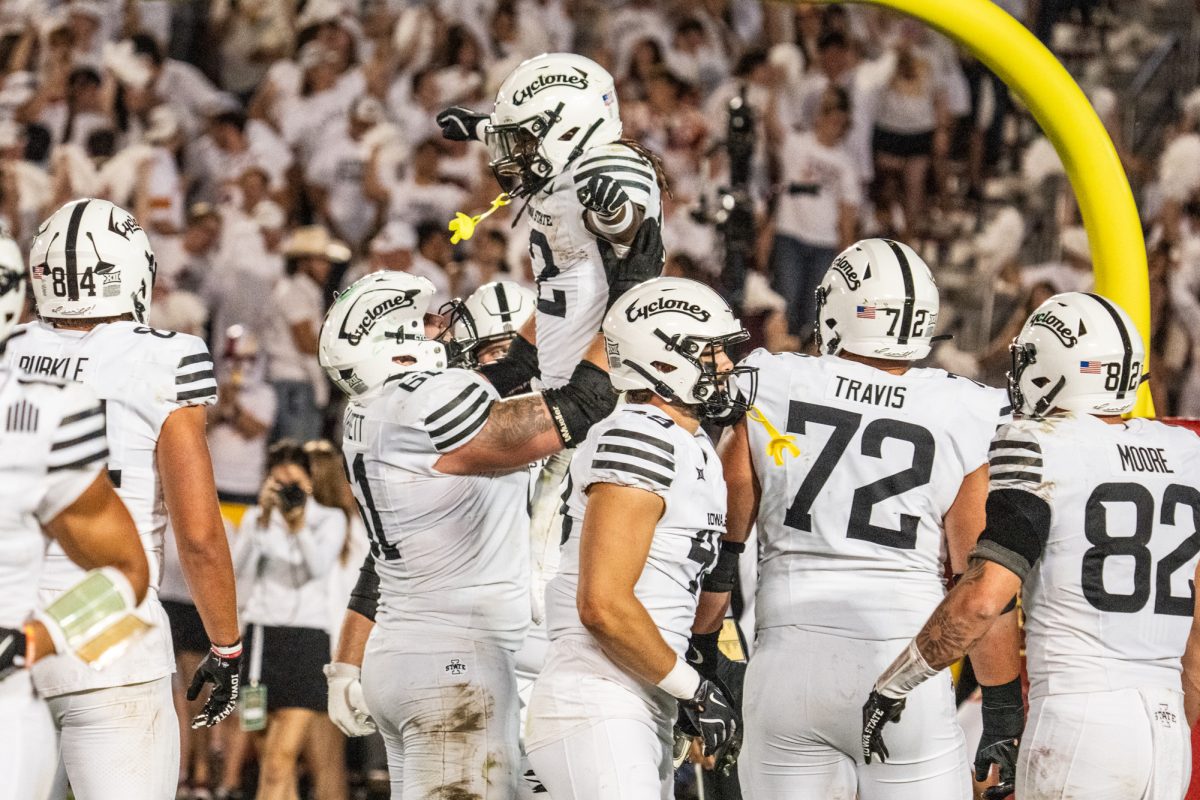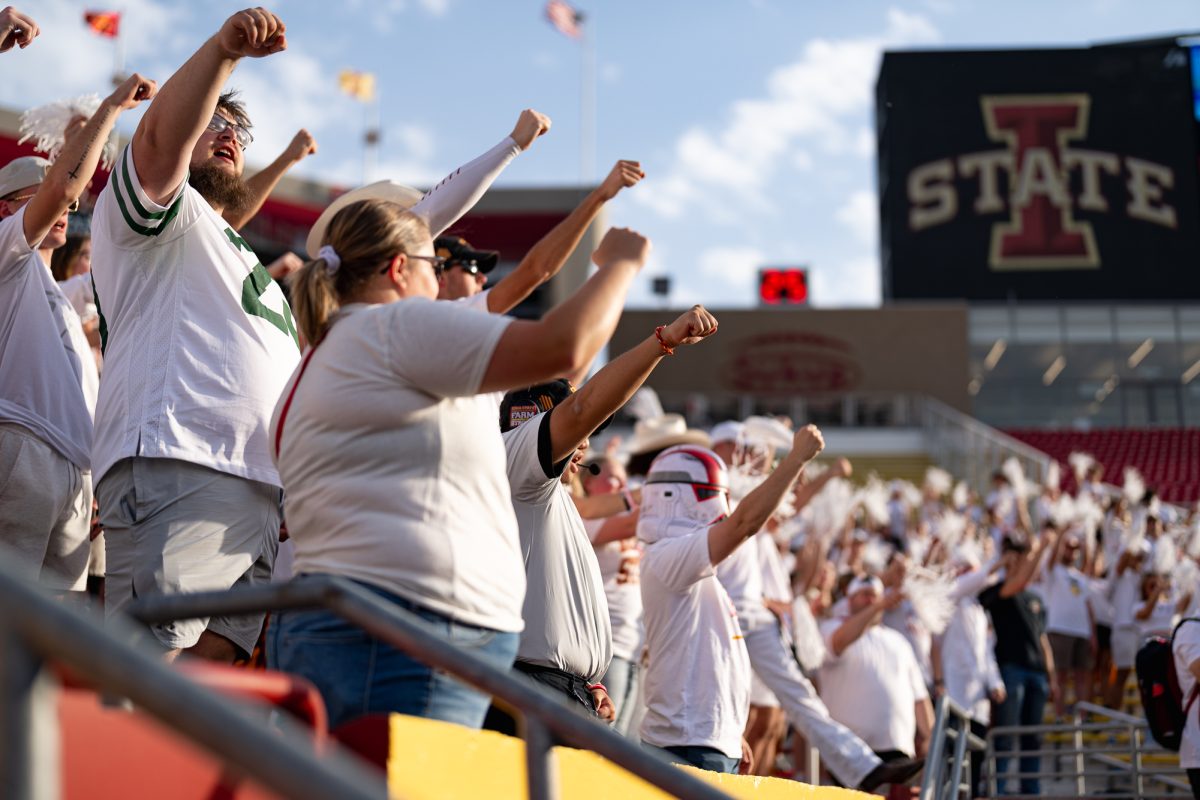Career Services finds internships
April 29, 1999
For Iowa State students who need internship experience, the university’s Career Services Placement Offices help with the search.
Every department at ISU has different requirements and definitions of internships and cooperative education, so students must first discuss their options and requirements with their advisers.
The Business/LAS Career Services program requires students to register and then take a one-time, 20-minute orientation. The service costs $20 per academic year, said Kathy Wieland, coordinator of Business/LAS Experiential Learning.
She said students can access all the internship postings online, and then program officials refer them to employers.
“We do post jobs, but a student who is diligent will also be conducting their own personal search in conjunction with this program,” Wieland said.
The College of Family and Consumer Sciences requires its students to learn job search skills, said Beverly Kruempel, program manager for FCS administration.
“In the College of FCS, there is a required course that teaches the job search process,” she said. “It makes students aware of the resources they have.”
Engineering students are registered automatically into a Web-based system when they go through summer orientation, said Laurie Karns, assistant director of the Experiential Education Program.
“Initially, students are put into the system, and then it is their job to go in and update the information,” she said. “Everyone is registered, whether or not they choose to activate their r‚sum‚.”
The College of Agriculture Career Services is a hub for companies targeting students in agriculture, said Michael Gaul, director of career placement in agriculture.
“Companies call and say they are coming for interviews, and we promote it and send the word out to the departments,” he said.
Wieland said these services can benefit students in their quest for internships.
“I think it is a really good way to diversify your search; it’s giving you as many options as possible,” she said. “I think it helps students tap into internships they may not be aware of.”
Karns said Career Services is effective in helping students obtain internships. However, she said when looking for their internships, students should not “place all their eggs in one basket.”
“I think they should go out and network at the professional organizations affiliated with their majors and make contacts within their fields,” Karns said.
Another thing students have to consider is that many companies are recruiting students for internships earlier, Wieland said.
“Students should really start looking in the fall,” she said. “We had a fair number of organizations that had completed the recruitment process before Christmas.”
Students in veterinary medicine must apply a year in advance if they want internships, which go through the American Veterinary Medicine Association, said Mindy Schminke, academic adviser in the College of Veterinary Medicine.
“They choose five places they would like to go and then are matched up with an organization,” she said. “They have to accept what they are then given.”
Another point that is stressed in the Career Services programs is the necessity of the internship experience for obtaining jobs in the future.
“The important thing is that students get a broad perspective of their profession and that it is not a go-fer type of experience,” she said.






